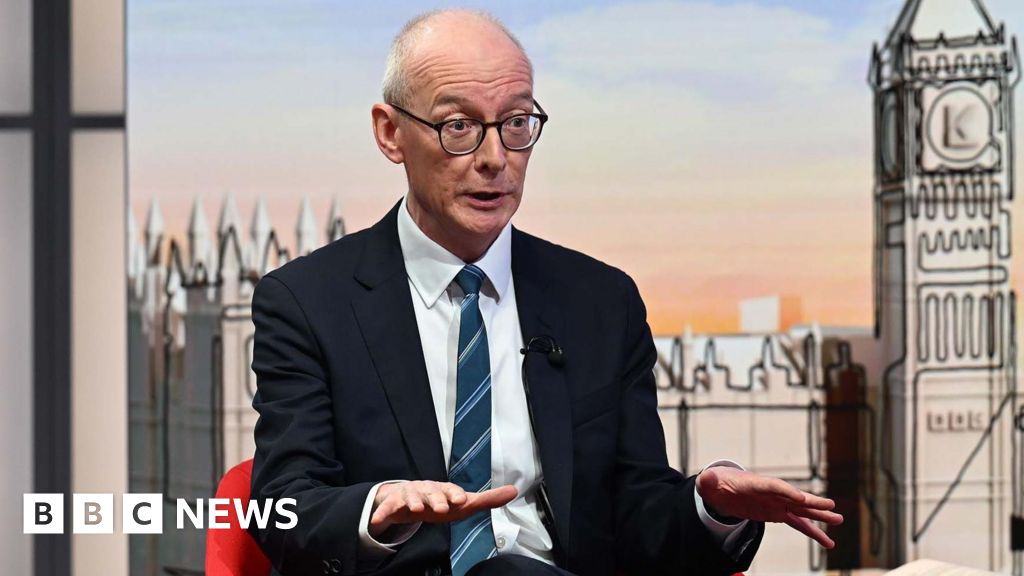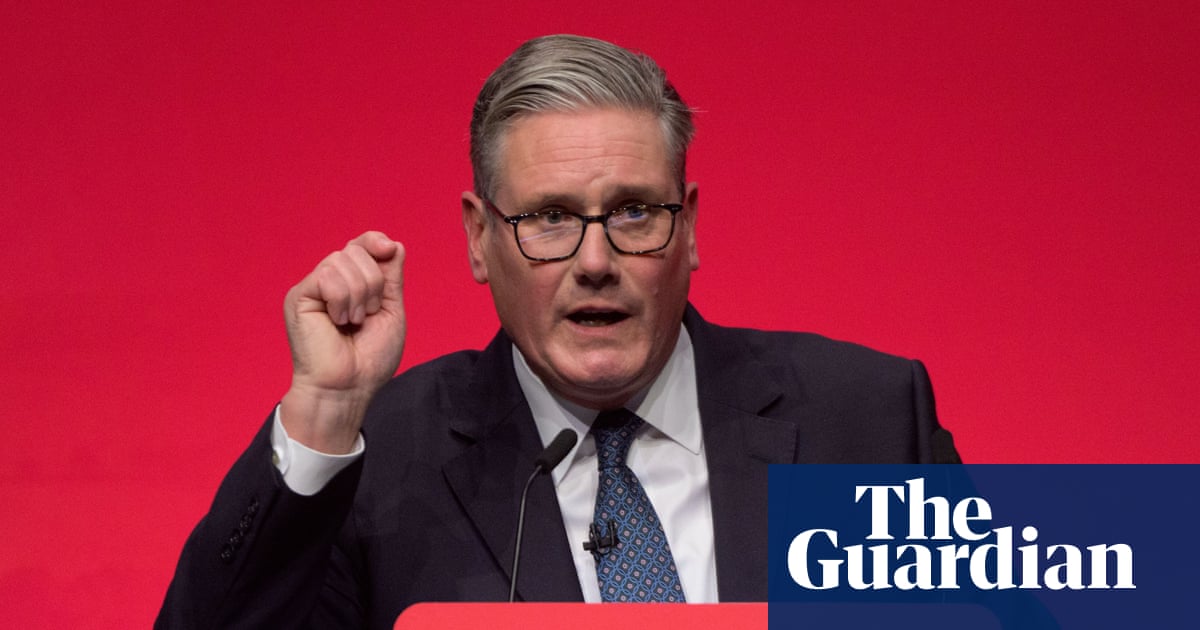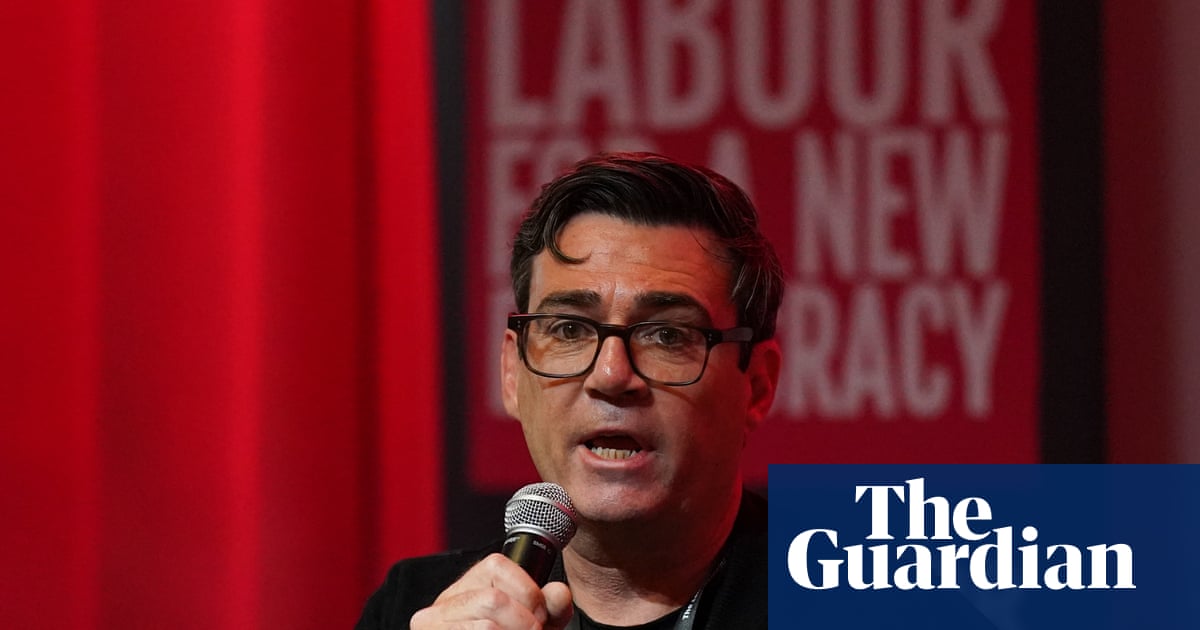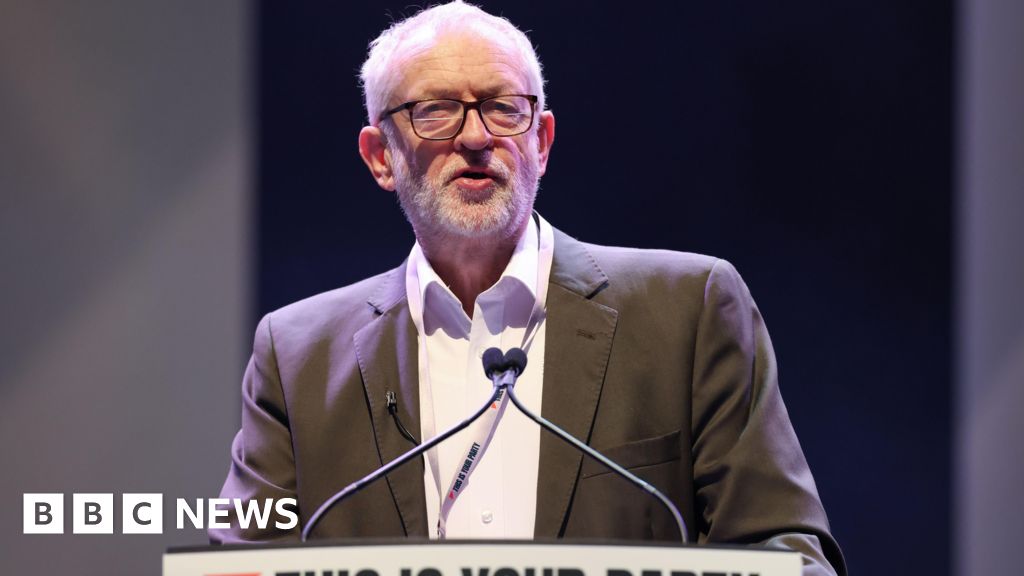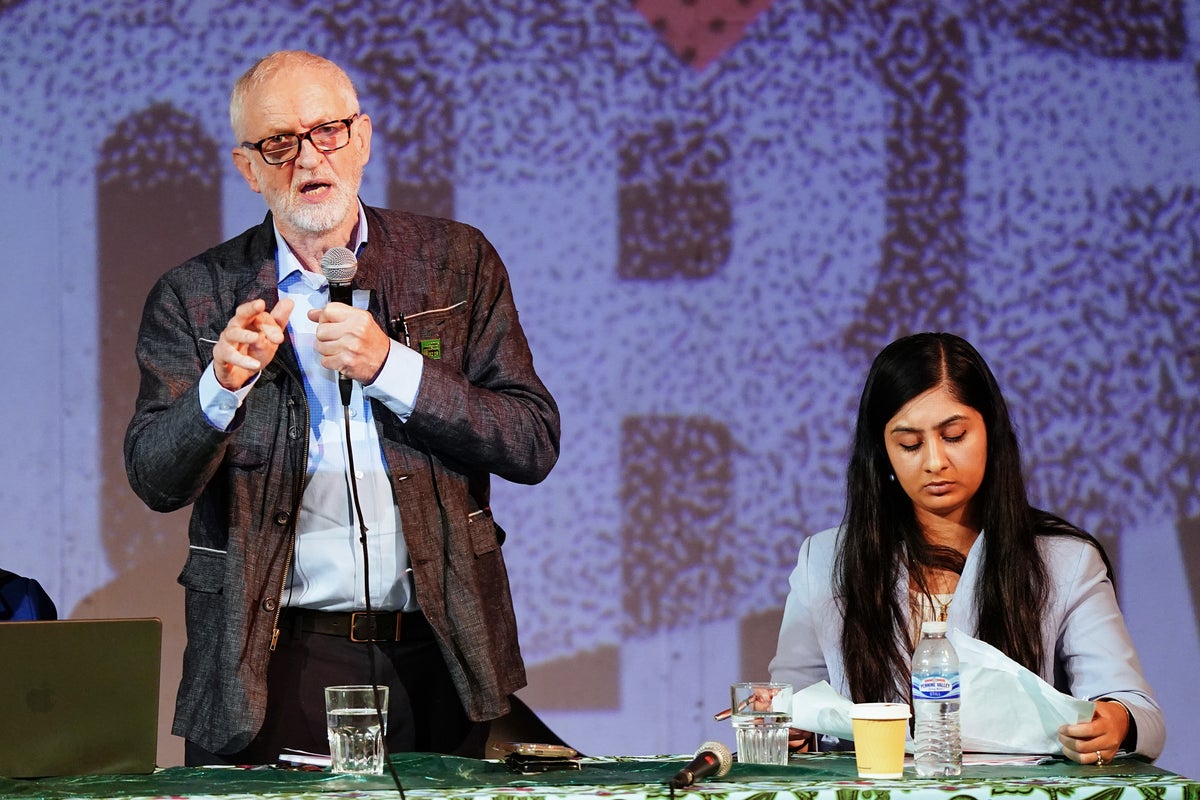#party-leadership
#party-leadership
[ follow ]
#labour-party #fianna-fail #micheal-martin #jim-gavin #reform-uk #andy-burnham #presidential-election #uk-politics
UK politics
fromwww.independent.co.uk
3 months agoCrisis-hit Your Party rules out co-leadership after Corbyn and Sultana's public spats
A news outlet seeks donations to fund accessible journalism while a new political party rules out short-term co-leadership after public disputes between party leaders.
fromFox News
3 months agoDNC staffers ruthlessly mocked for fuming over remote work reversal: 'Get yourselves together'
"It was shocking to see the DNC chair disregard staff's valid concerns on today's team call," they wrote. "D.N.C. staff worked extremely hard to support historic wins for Democrats up and down the ballot last Tuesday, and this change feels especially callous considering the current economic conditions created by the Trump administration."
US politics
fromAxios
3 months agoHere's why Congressional Democrats are furious over the shutdown deal
Coming off an overall successful election last Tuesday, Democrats are once again divided. The shutdown deal did not extend health care subsidies - their one big ask behind the prolonged standoff. Many congressional Democrats have expressed frustration with the party's leadership, particularly with Senate Minority Leader Chuck Schumer (D-N.Y.) - signaling that change may be coming. Driving the news: Eight Senate Democrats, excluding Schumer, broke ranks to advance a deal that will fund the government until late January.
US politics
fromIndependent
3 months agoCiara Kelly: If the presidential election highlighted anything about politics here, it's that we walk right and talk left
As the dust continues to settle on a presidential campaign defined by apathy, and Government parties continue to question where it all went wrong for them (and no I don't believe it all comes down to poor judgment or poor candidates, although those things remain true), that Micheál Martin ever believed that Jim Gavin had some kind of star quality still leaves me bewildered. There's a reason I think Catherine Connolly ran rings around her opponents.
Miscellaneous
fromSlate Magazine
4 months agoIt's the Governor vs. the Oysterman, and Democrats' Pick Will Tell Us a Lot About the Party's Future
Party leaders recruit the best option, in their eyes, and Democratic primary voters-innately terrified of risk and trusting of their leaders' judgment-fall in line. It doesn't always work out. Sometimes, like North Carolina's Cal Cunningham in 2020, the chosen ones have zipper issues. But Democrats' establishment-driven approach, contrasted with Republicans' less top-driven (and more mistake-prone) strategy for candidate selection, did give Democrats four years in the Senate majority from 2021 to 2025,
US politics
fromwww.bbc.com
4 months agoChris Mason: SNP are the latest proof that things change quickly in politics
They had managed to have three leaders in a little over a year: Nicola Sturgeon, Humza Yousaf and then John Swinney. It was a rate of attrition that would make even the Conservative Party of recent years blush. There had also been a high-profile and long-running police investigation into the SNP's finances, involving Sturgeon, who was told earlier this year she would face no action.
UK politics
Miscellaneous
fromIndependent
4 months agoMary Regan: Micheal Martin lives to fight another day as Jim O'Callaghan expected to wait for 'bloodless coup'
Micheál Martin apologised to his parliamentary party for the presidential campaign failures and retained his Fianna Fáil leadership after a tense meeting.
Miscellaneous
fromIrish Independent
4 months ago'He was asked if he had any issue with a tenant and he said absolutely not' - Micheal Martin insists 'due diligence' carried out on Jim Gavin
Party leadership faces scrutiny after nominating Mr Gavin following poor debate performances and controversies, including a reported debt to a former tenant.
Miscellaneous
fromIrish Independent
4 months agoMinisters back Micheal Martin despite 'enormous disappointment' of Jim Gavin's withdrawal from Aras race
Party leadership faces intense scrutiny for endorsing Mr Gavin after poor debate performances and controversy over his unpaid debt to a former tenant.
fromwww.cbc.ca
5 months agoANALYSIS | Ontario NDP, Liberal parties face difficult rebuilds ahead, experts say | CBC News
Ontario's two largest opposition parties are grappling with dissension within their ranks, and experts say the work to unify their members and rebuild their parties will be difficult and could complicate their missions to defeat Doug Ford in the next provincial election. Both the Ontario New Democrats and Liberals emerged from party conventions this month with questions looming about their respective futures.
Toronto
fromLondon Business News | Londonlovesbusiness.com
5 months agoMore than half of voters think Starmer should resign as approval rating slumps - London Business News | Londonlovesbusiness.com
Reform is currently on 31% (+1 on a fortnight ago) of the vote, followed by Labour 22% (-1), the Conservatives 17% (-1), and the Liberal Democrats 12% (n/c). When looking at voting intention among those who voted Labour in the General Election in 2024, only 67% would pick Labour again, whilst 12% would now choose Reform, 6% Liberal Democrats, 6% the Green Party, and 2% would vote for the Conservatives.
UK politics
NYC politics
fromNew York Post
10 months agoDems seethe at DNC vice chair David Hogg's anti-incumbent scheme: 'Full of you-know-what'
David Hogg aims to reform the Democratic Party by investing $20 million to challenge ineffective incumbents, sparking significant controversy and backlash within the party.
[ Load more ]
